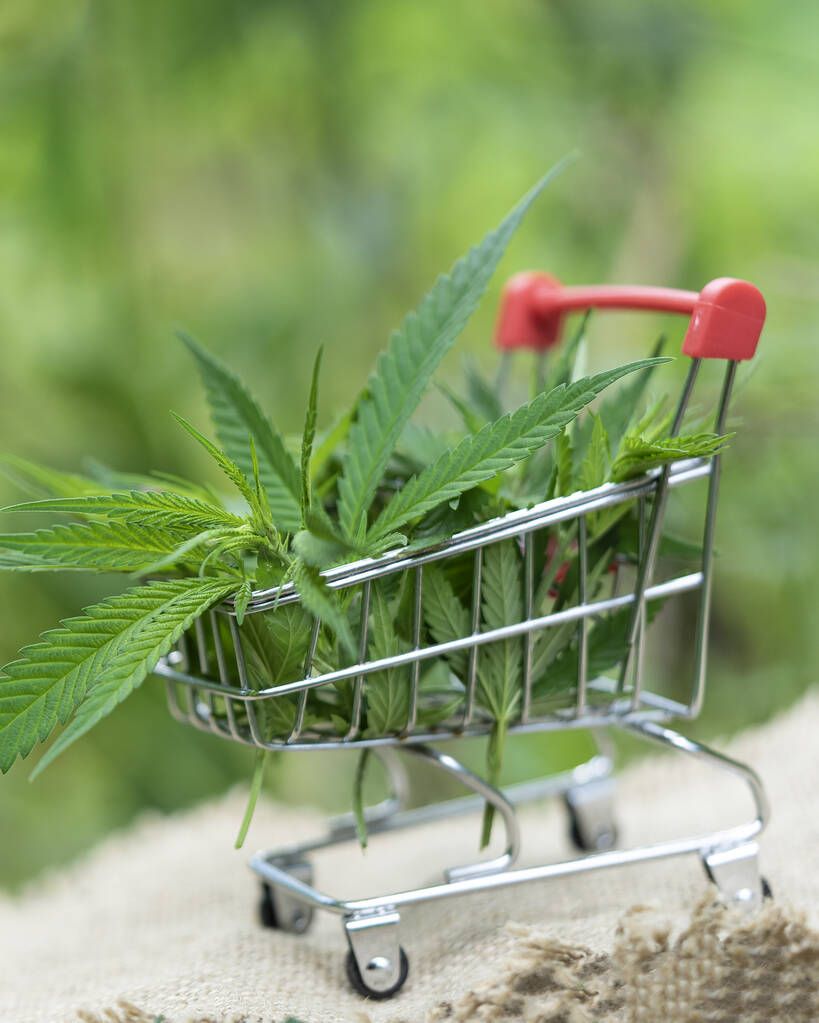A large-scale study analyzing over a decade of data from Washington state suggests that a higher density of marijuana retail stores is associated with lower mortality rates from opioid overdoses and accidental poisonings.

Published in The American Journal of Drug and Alcohol Abuse, the study examined county-level mortality data from 2009 to 2020, comparing it to marijuana store density across Washington’s 39 counties. Researchers from the government-funded Alcohol Research Group at the Public Health Institute in Emeryville, California, found that for every 10,000 people, an increase in marijuana retail stores correlated with an 17% lower rate of accidental poisoning deaths and a 17% reduction in opioid-related mortality.
“County cannabis retail store density in Washington was associated with reduced accidental poisoning and opioid mortality while suicide and motor vehicle accident mortality rates did not appear to change,” states the study. “Results do not support any harmful effects on mortality from cannabis store expansion in Washington counties.”
The findings suggest that increasing access to regulated marijuana stores does not contribute to higher mortality rates from suicide, homicide, or motor vehicle accidents. Instead, the data indicates a potential protective effect against opioid-related and accidental poisoning deaths.
The study’s full abstract can be found below:
Background: The state of Washington legalized cannabis for adult use in 2012 and retail stores began to open in 2014 with 31 stores, rising to 447 in 2020. Prior studies have evaluated impacts of legalization on state-level mortality from suicide, motor vehicle accidents and opioid poisonings with mixed findings.
Objectives: To estimate relationships between county cannabis retail store density and county mortality rates from suicide, motor vehicle accidents, opioid poisoning, homicide and accidental poisonings.Methods: County mortality data for Washington state (39 counties) from individual death records for the years 2009-2020 used ICD-10 Multiple Cause of Death Files. County-level cannabis retail store counts in Washington were based on cannabis license and sales data. Fixed effect Poisson regression models predicted county-level yearly mortality rates for 2009-2020.
Results: Deaths from 2009-20 in Washington were 12,933 (77% men) from suicide, 6761 (71% men) from motor vehicle accidents, 8858 (62% men) from opioid poisoning, 2408 (73% men) from homicide and 11,873 (64% men) from accidental poisonings. Store counts per 10,000 population were negatively associated with accidental poisonings (incidence rate ratio (IRR) of 0.83 (0.73-0.93)) and opioid mortality rates with (IRR of 0.83 (0.70-0.99)). No significant effects were found for motor vehicle accidents, homicide or suicide.
Conclusions: County cannabis retail store density in Washington was associated with reduced accidental poisoning and opioid mortality while suicide and motor vehicle accident mortality rates did not appear to change. Results do not support any harmful effects on mortality from cannabis store expansion in Washington counties.







